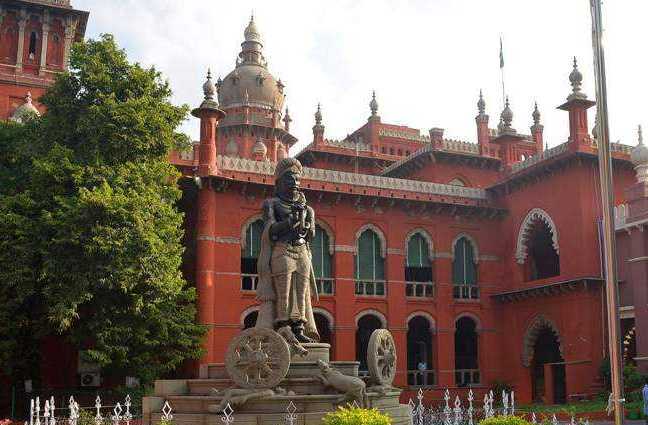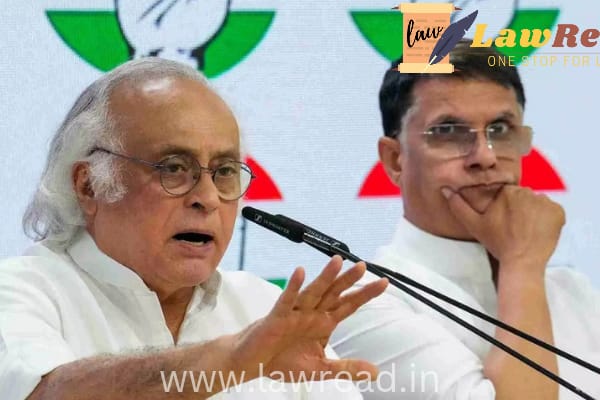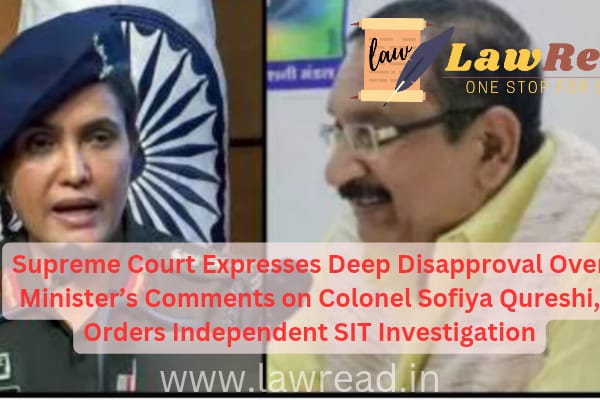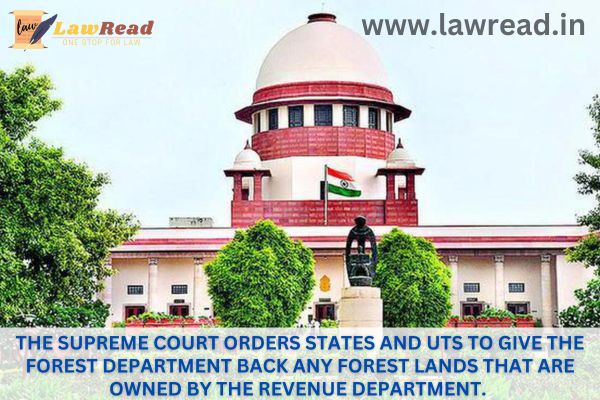News
The MP High Court maintains the lawsuit against the security who was discovered dozing off at the judge's house after drinking.
According to the Court, drinking alcohol is a very serious offense committed by someone whose job it is to protect.
.jpg)
The decision to forcefully retire a guard who was discovered dozing off while on duty at a High Court judge's official home in Gwalior in 2007 was recently affirmed by the Madhya Pradesh High Court [Ashok Kumar Tripathi v State of MP and Others].
Although the guard's breath had an alcoholic odor, the medical evaluation determined that he was not intoxicated. The guard himself maintained that there was no proof of alcohol consumption and stated that he had taken cough syrup due to illness.
According to Justice GS Ahluwalia, the guard's breath odor alone was enough evidence that they had taken alcohol.
The Court clarified that when an individual drinks alcohol, the effects of the drug lessen over time, causing him to gradually regain consciousness.
It is impossible to say that someone who has drunk alcohol won't be conscious until the full effects have been eliminated from their body. One would begin to become cognizant because to the decrease in the effects of alcohol in the blood. At most, it can be concluded that the petitioner began to regain consciousness after consuming alcohol around three to four hours before the medical examination. Nonetheless, the solitary judge stated that the petitioner's use of alcohol is clearly demonstrated by the presence of alcohol in their breath.
It further stated that the discovery of alcohol use and the existence of an alcohol odor in the guard's breath had gone uncontested since the doctor had not been questioned in any way about it.
As a result, the Court dismissed the claim that there was no proof of alcohol consumption.
Regarding whether the mandatory retirement penalty was appropriate given the charge, the Court stated that drinking alcohol is a significant infraction for a guard.
As a Guard, the petitioner had an obligation to maintain his vigilance. If a guard is permitted to drink alcohol while on duty, it cannot be argued that this is a minor matter. According to Justice Ahluwalia, drinking alcohol is a very severe transgression for someone whose job it is to safeguard.
As a result, the Court dismissed the petition, ruling that the mandatory retirement penalty could not be deemed wildly out of proportion to the allegation.
The petitioner was represented by advocate Prashant Sharma. The State was represented by advocate Shailendra Singh Kushwaha.












